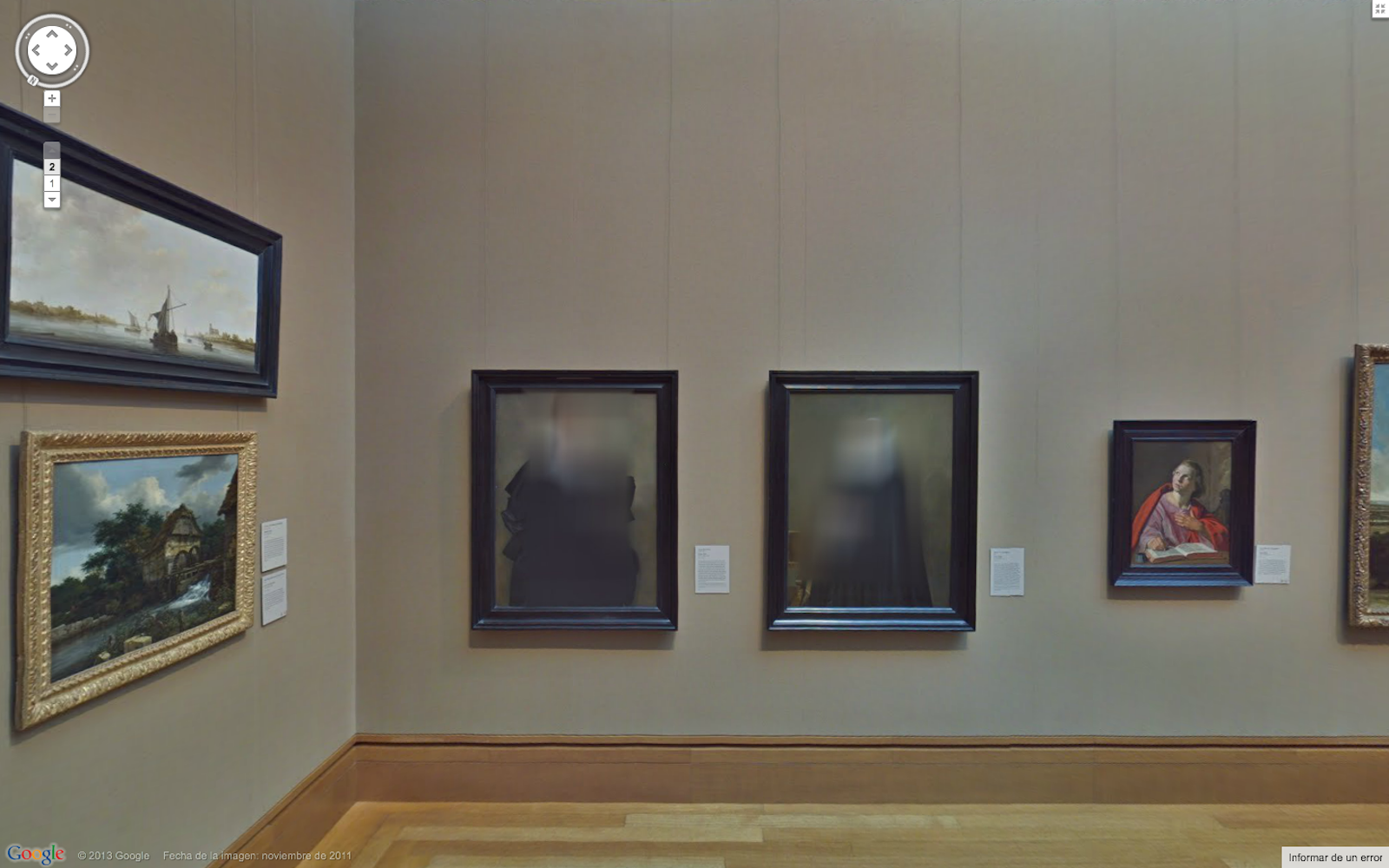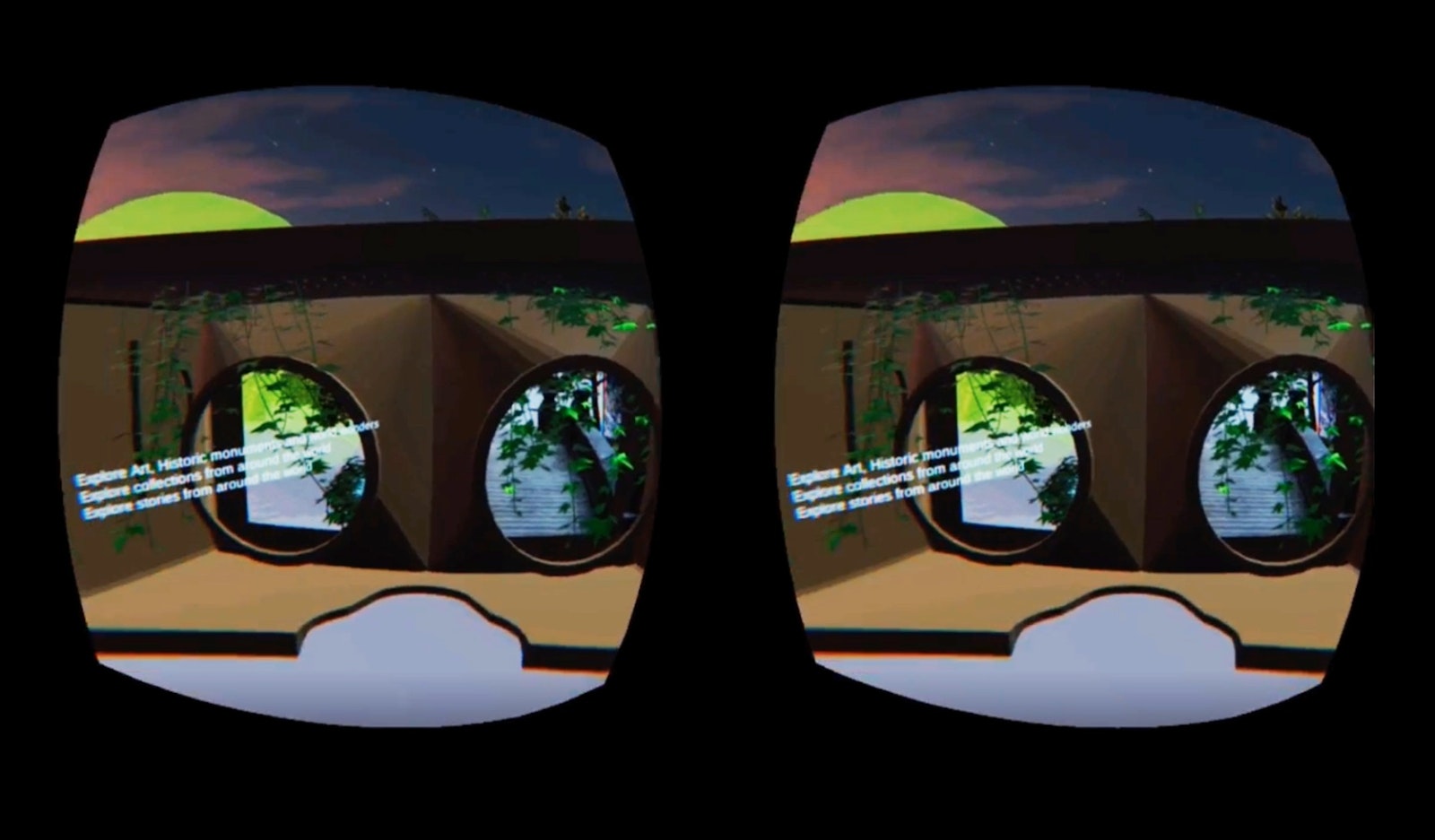SITUATION #202


Although the Covid-19 pandemic presents a major rupture to the art scene as we have known it, it has also boosted artistic as well as curatorial practices that have been thriving online for several years, sparking renewed interest in the idea of the museum online. The digitisation of art collections, the digital accessibility of exhibitions, the presentation of born-digital images as well as digital art education programmes have increasingly gained importance over the last couple of months as numerous art spaces could no longer be physically experienced. Yet, rather than investing in this opportunity to expand digitally and react to an increasingly global, networked society, institutions often leave this chance to the monopoly of few big tech corporations.
The Google Arts & Culture Project – launched in 2011 and led by the Google Cultural Institute – offers seemingly easy solutions to transfer the traditional concept of a space-bound museum to a virtual, artistic playground. Virtual tours applying the Street View mapping and navigation, high-resolution reproductions of art works and storytelling tools invite viewers worldwide to immerse themselves in the virtual equivalent of more than 2’000 participating institutions. Museums are tempted to outsource their educational responsibility and accept the alliance for a lack of technological knowledge, which many institutions have neglected to properly cultivate in the recent past. The Google Cultural Institute’s falsely promised utopia of a democratic and universal space of art exploration, however, hushes up the continuation of canonising practices, their discriminating structures and their commodification as well as numerous law infringements for illegal data collecting and violations of copyright.
As part of an online collaboration between SITUATIONS and the PhotoIreland Festival 2020: ON/OFF, the artists Geraldine Juárez and Mario Santamaría have been invited to critically engage with the hidden power dynamics behind the Google Arts & Culture Project as well as the perpetuation and reinforcement of western capitalist and colonial gazes which continue to shape the formation of knowledge. What happens if digital curation and art history are left to corporations? At whose advantage and whose expense is the Google Cultural Institute operating?
Mario Santamaría: Explore the Non-Imaginary Museum!
11.07.2020, 7pm CET
Virtual journey
As part of his ongoing Trolling Google Art Project (2013–), the Spanish artist Mario Santamaría (*1985) exposes the problematic of copyright infringements that resulted in blurred images, ultimately rupturing Google Arts & Culture’s promise of endless accessibility and freedom of movement through virtual documentation. After giving an insight into his practice and over seven years of experience in exploring museums online, join the artist on his unexpected, virtual journey around iconic cultural landmarks, copyright violations and other incongruities of the platform.
More by Mario Santamaría: mariosantamaria.net/trolling.html; righted-museum.tumblr.com
Geraldine Juárez: The Fish Don’t See the Water
English and Spanish (with subtitles)
19.07.2020, 7pm CET
Screen intervention
In her writing, the Mexican and Swedish artist Geraldine Juárez (*1977) critically dissects the history of the Google Cultural Institute in relation to colonial and imperial practices of prospecting, documenting and exhibiting, which are crucial to rendering the imaginaries that consolidate the power of the West and its institutions. In her screen intervention The Fish Don’t See the Water, Juárez contextualises the data-prospecting of art historical collections and their architectures executed by the Google Cultural Institute in the form of philanthropy, thus mirroring the very practices from which they emerged. Starting from the premise that exhibition formats are born out of a process of essayistic compilation, Juárez combines her performance PROSPEKT (2018) with other image-essays, formulating an artistic approach to institutional criticism which dislocates the potential of digital imaging and undermines the concept of the ‘world-as-a-digital-exhibition’.
More by Geraldine Juárez: geraldine.juarez.se/site
More by PhotoIreland Festival 2020 ON/OFF: 2020.photoireland.org
Cluster: The Right to Look